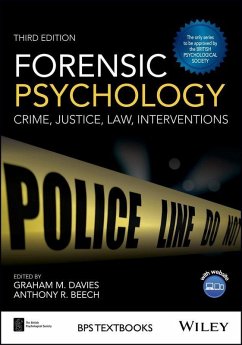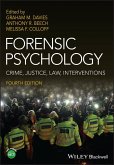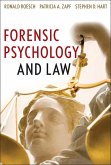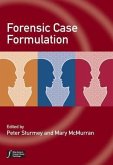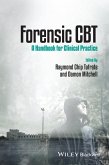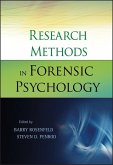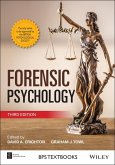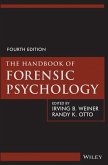Introduces forensic psychology to students and professionals who want to better understand psychology's expanding influence on the study of law, crime and criminality Forensic psychology is a constantly growing discipline, both in terms of student interest and as a profession for graduates. This book highlights the often sizeable gap between media myths surrounding forensic practice and reality. Editors Graham Davies and Anthony Beech present an exciting and broad range of topics within the field, including detailed treatments of the causes of crime, investigative methods, the trial process, and interventions with different types of offenders and offences. Forensic Psychology: Crime, Justice, Law, Interventions, Third Edition covers every aspect of forensic psychology--from understanding criminal behaviour, to applying psychological theory to criminal investigation, analysing the legal process and the treatment of witnesses and offenders. Each chapter has been thoroughly revised and updated with the latest findings. The book also includes two entirely new chapters--one on psychopathy and crime, the other on female offenders. Drawing on a wealth of experience from leading researchers and practitioners, this new edition will interest and enthuse today's generation of students. * All chapters thoroughly revised and updated * Features two brand new chapters * Supplemented by additional online resource materials, including related links, multiple choice questions, and PowerPoint slides * Authored by a wide-range of experienced forensic psychology professionals Forensic Psychology, Third Edition is essential reading for undergraduates' first encounter with the subject area and is an excellent introduction for more specialised postgraduate courses.
Dieser Download kann aus rechtlichen Gründen nur mit Rechnungsadresse in A, B, BG, CY, CZ, D, DK, EW, E, FIN, F, GR, HR, H, IRL, I, LT, L, LR, M, NL, PL, P, R, S, SLO, SK ausgeliefert werden.

